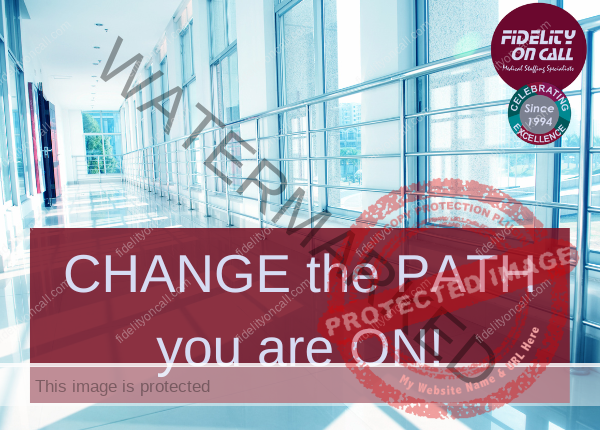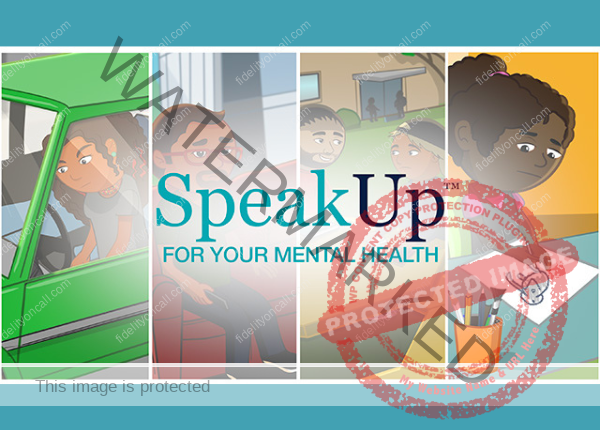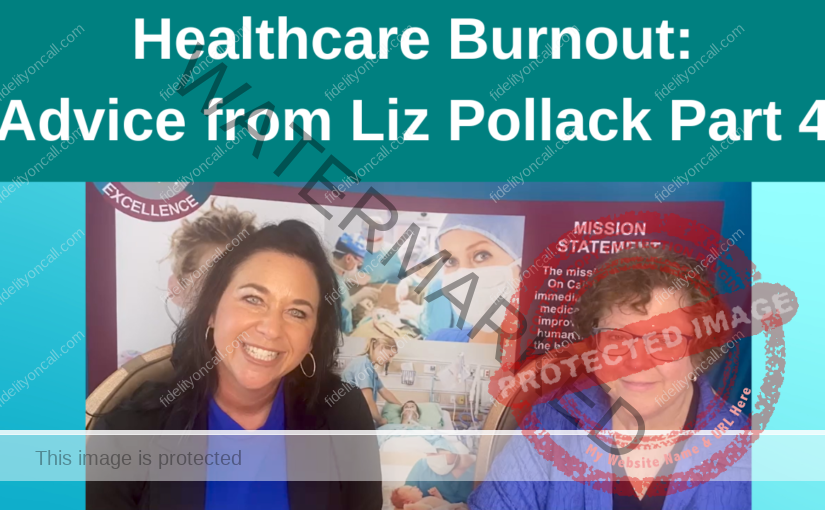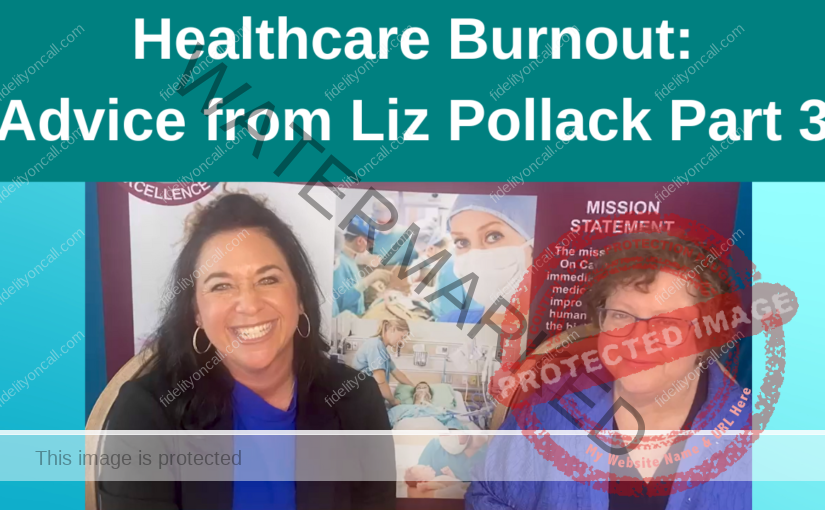The healthcare field is ever-changing, and the challenge of staff stress and burnout has become a pressing issue. According to the American Psychological Association, stress levels have risen across all demographics, with certain groups experiencing a 15% increase. A staggering quarter of the U.S. population is grappling with stress, and healthcare professionals bear a significant portion of this burden.
Feeling undervalued and overwhelmed at work is a major factor contributing to burnout, whether you’re a permanent employee or on a temporary assignment.
In this environment, partnerships between healthcare facilities and reputable agencies are critical in combatting burnout and its associated stresses. These partnerships benefit healthcare workers and contribute to the overall health of the organization and the communities they serve.
Here’s why agency partnerships play a vital role:
- Staffing Stability and Flexibility: Healthcare facilities often need personnel for short periods of time, like covering a nurse on maternity leave. With an agency partnership an interim solution is possible which ensures that the facility maintains staffing levels without straining their permanent workforce.
- Relieving Overburdened Teams: By supplementing in-house teams with agency personnel, facilities can distribute work more evenly, preventing perpetual overwhelm and boosting morale.
- Supporting Travel Opportunities: Most facilities are reluctant to see a nurse leave to take a travel assignment, but these experiences can be career-enhancing. Handled properly nurses may return to staff positions with enriched skills.
- Enhancing Safe Patient Care: All of us share a common goal and that is doing our best for the patients we serve. Agency partnerships uphold patient standards by preventing staff from becoming overstretched, leading to improved patient outcomes.
Partnering with a staffing agency gives healthcare facilities access to skilled professionals who can be seamlessly integrated into their team when the need is there.
In conclusion, combatting stress and burnout in healthcare requires proactive measures. Collaborative partnerships between healthcare facilities and agencies offer ongoing solutions by promoting staff well-being, improving patient care, and strengthening our healthcare system. Embracing these partnerships paves the way for a healthier, more effective healthcare environment.






